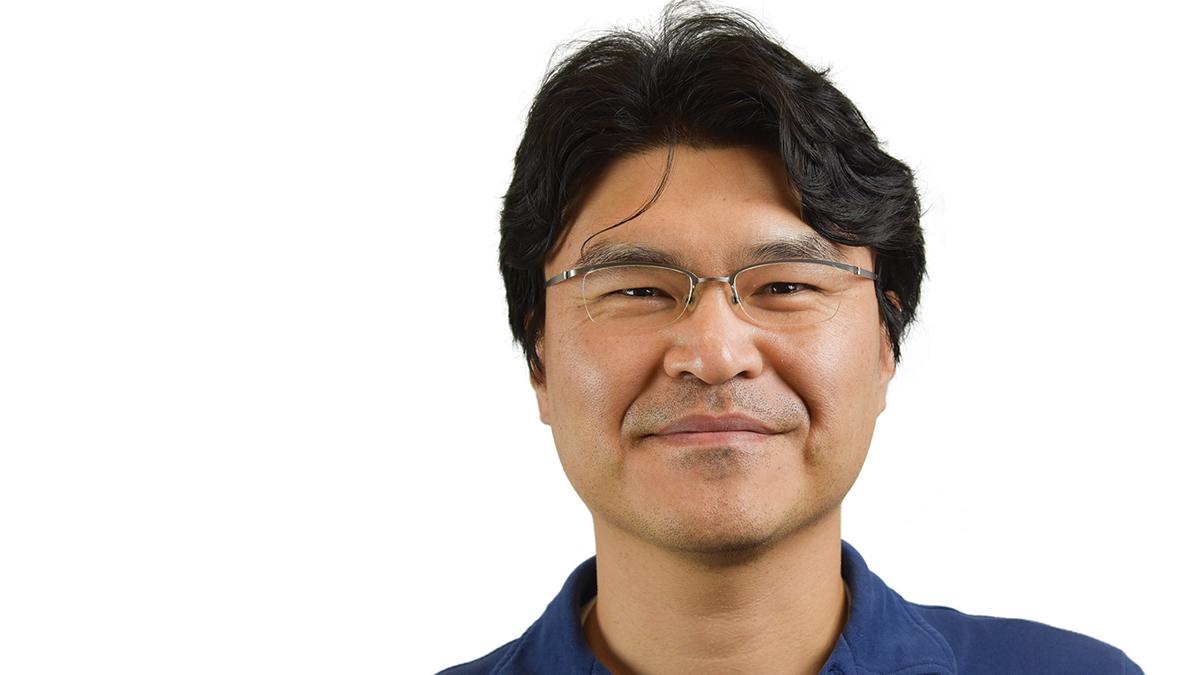Existing models of the complex tissues involved in the beating of our hearts typically comprise isolated cells or small groups of a single kind of cell. They’re created from stem cells, and often they function only for a month or two.
Sung Jin Park is working to create a better model of this complex process, one that includes all the different kinds of cells and tissues involved in autonomous cardiac contractions and better reproduces the functions of the sinoatrial node responsible for heart beats. The American Heart Association is investing in the project with a three-year career development award — a highly selective grant intended to recognize and support promising researchers just beginning their careers.
“I want to recapitulate the unique structure of the sinoatrial node so we can overcome this kind of transient pacemaker behavior,” said Park, an assistant professor in the Wallace H. Coulter Department of Biomedical Engineering at Georgia Tech and Emory University.
To create his model, Park plans to a use a kind of tissue manufacturing that’s a bit like the inverse of 3D printing. Rather than depositing lines of cells in layer after layer to bioprint tissues, Park aims to create a layer of cells and then sculpt or etch them using light. By repeating the process with layer after layer of different kinds of cells, he aims to create functional, multicellular organoids that replicate the sinoatrial node.
“The career development award presents a great opportunity for me to build my career in cardiac research,” said Park, whose training is in mechanical and electrical engineering. “It’s a stepping stone toward pursuing future research grants from the National Institutes of Health or other significant funding agencies.”
The American Heart Association has designed the career development award to help early career scientists develop their skills and prepare them to pursue and win more significant grants. As part of the program, Park built a team of mentors to help him — senior faculty members who will offer counsel and help guide his scholarship. Park’s mentoring team includes Coulter BME faculty members Hee Cheol Cho, Hanjoong Jo, and Shuichi Takayama.
Latest BME News
Jo honored for his impact on science and mentorship
The department rises to the top in biomedical engineering programs for undergraduate education.
Commercialization program in Coulter BME announces project teams who will receive support to get their research to market.
Courses in the Wallace H. Coulter Department of Biomedical Engineering are being reformatted to incorporate AI and machine learning so students are prepared for a data-driven biotech sector.
Influenced by her mother's journey in engineering, Sriya Surapaneni hopes to inspire other young women in the field.
Coulter BME Professor Earns Tenure, Eyes Future of Innovation in Health and Medicine
The grant will fund the development of cutting-edge technology that could detect colorectal cancer through a simple breath test
The surgical support device landed Coulter BME its 4th consecutive win for the College of Engineering competition.








